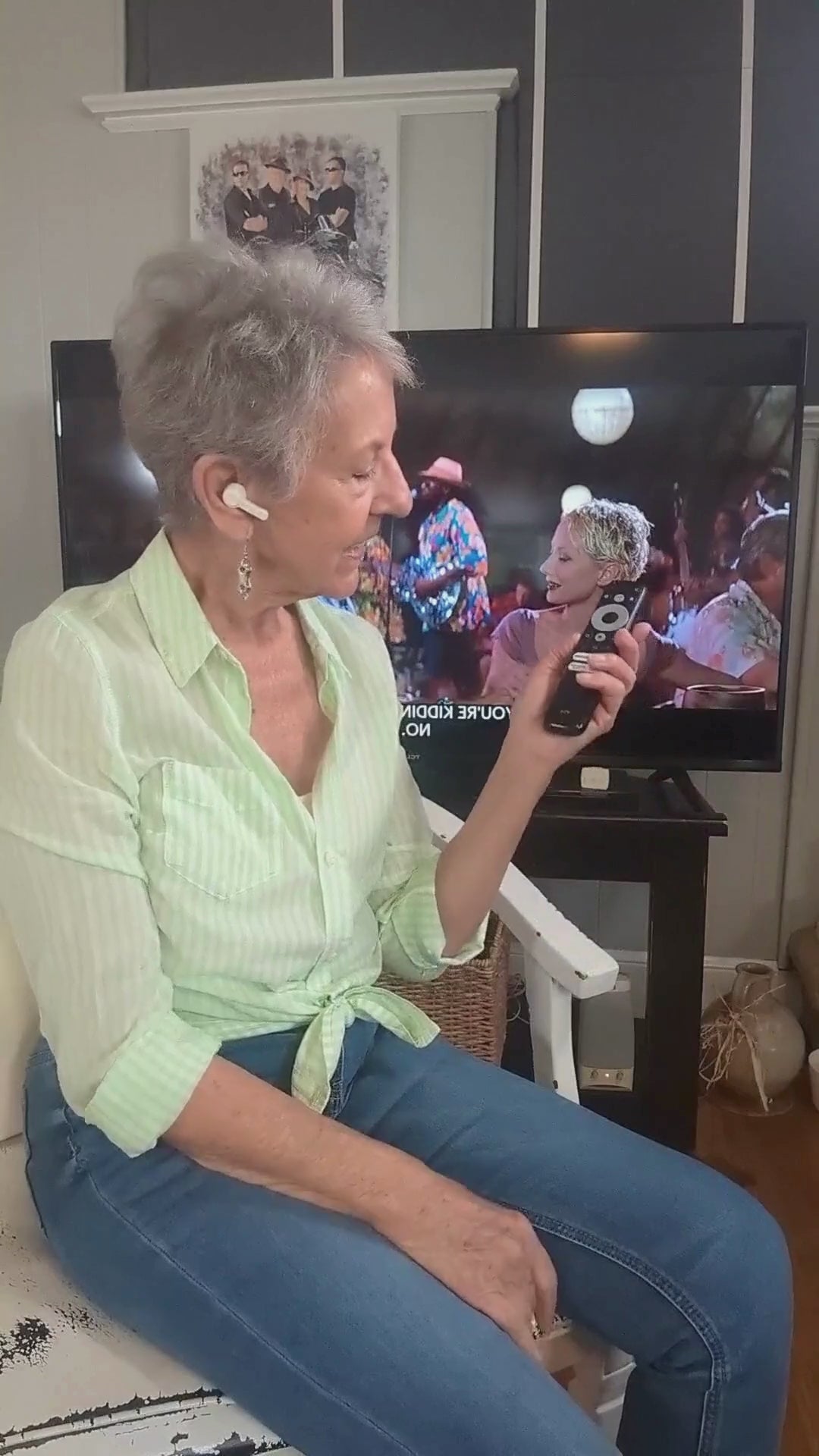Hearing loss is a common condition that can affect people of all ages. While it often occurs gradually, the consequences of untreated hearing loss can be significant, impacting one's quality of life and overall well-being. The key to addressing hearing loss effectively is early detection. In this article, we will explore the signs and symptoms of hearing loss and provide guidance on how to recognize if you or a loved one may be experiencing hearing difficulties.
Common Signs of Hearing Loss
Hearing loss can manifest in various ways, and the symptoms may differ from person to person. Here are some common signs and indicators of hearing loss:
Difficulty Hearing Conversations: If you find it challenging to follow conversations, especially in noisy environments, or frequently ask people to repeat themselves, it could be a sign of hearing loss.
Volume Adjustment: You may notice that you need to turn up the volume on the TV, radio, or other electronic devices higher than before to hear clearly.
Muffled or Incomplete Sounds: Sounds may appear muffled, and you may struggle to distinguish certain consonants, making speech less clear.
Tinnitus: Tinnitus is the perception of ringing, buzzing, or other phantom noises in the ears. It can be associated with hearing loss and is often an early sign.
Social Isolation: Hearing loss can lead to feelings of frustration and isolation. You might start avoiding social gatherings or withdrawing from conversations because of the difficulty you face in understanding others.
Frequent Misunderstandings: Misunderstandings and miscommunications may become more common, leading to confusion and potential embarrassment.
Strained Listening: You may find yourself straining to hear and may unconsciously lean in closer to the speaker or cup your hand behind your ear.
Loss of High-Pitched Sounds: High-pitched sounds, like birdsong or the ring of a phone, may become less audible.
Difficulty with Phone Conversations: Hearing loss can affect your ability to hear clearly during phone conversations, leading to a preference for texting or emails.
Family and Friends Express Concern: Often, family and friends are the first to notice your hearing difficulties and may express their concerns about your hearing.
Recognizing Different Types of Hearing Loss
Hearing loss can be categorized into three main types:
Conductive Hearing Loss: This type of hearing loss occurs when there is a blockage or damage in the outer or middle ear, making it harder for sound to reach the inner ear. Common causes include earwax buildup, ear infections, or issues with the eardrum or middle ear bones.
Sensorineural Hearing Loss: Sensorineural hearing loss is caused by damage to the inner ear or the auditory nerve. It is often age-related, but it can also result from exposure to loud noises, certain medications, or medical conditions.
Mixed Hearing Loss: Mixed hearing loss combines elements of both conductive and sensorineural hearing loss. This can be due to a combination of factors affecting the outer, middle, and inner ear.
Seeking Help for Hearing Loss
If you recognize any of these signs of hearing loss, it's essential to take action promptly. Untreated hearing loss can lead to social isolation, depression, and cognitive decline. Here's what you can do:
Consult an Audiologist: Schedule an appointment with a licensed audiologist or hearing healthcare professional for a comprehensive hearing evaluation.
Treatment Options: Based on the evaluation, your audiologist can recommend appropriate treatment options. These may include hearing aids, assistive listening devices, or medical intervention, depending on the type and degree of hearing loss.
Hearing Aids: If hearing aids are recommended, work with your audiologist to select the right hearing aid model that suits your lifestyle and hearing needs.
Communication Strategies: Learn effective communication strategies that can help you navigate conversations and challenging listening environments.
Support from Loved Ones: Share your hearing loss concerns with family and friends. Their understanding and support can make a significant difference in your journey to better hearing.
In conclusion, recognizing the signs of hearing loss is the first step towards addressing this common and often treatable condition. If you or someone you care about is experiencing any of the symptoms mentioned above, don't hesitate to seek professional help. Early intervention can significantly improve your quality of life and ensure that you continue to enjoy the sounds of the world around you. We at Mimitakara care about your hearing and are ready to help you get your life back. Check out our hearing solutions today!










